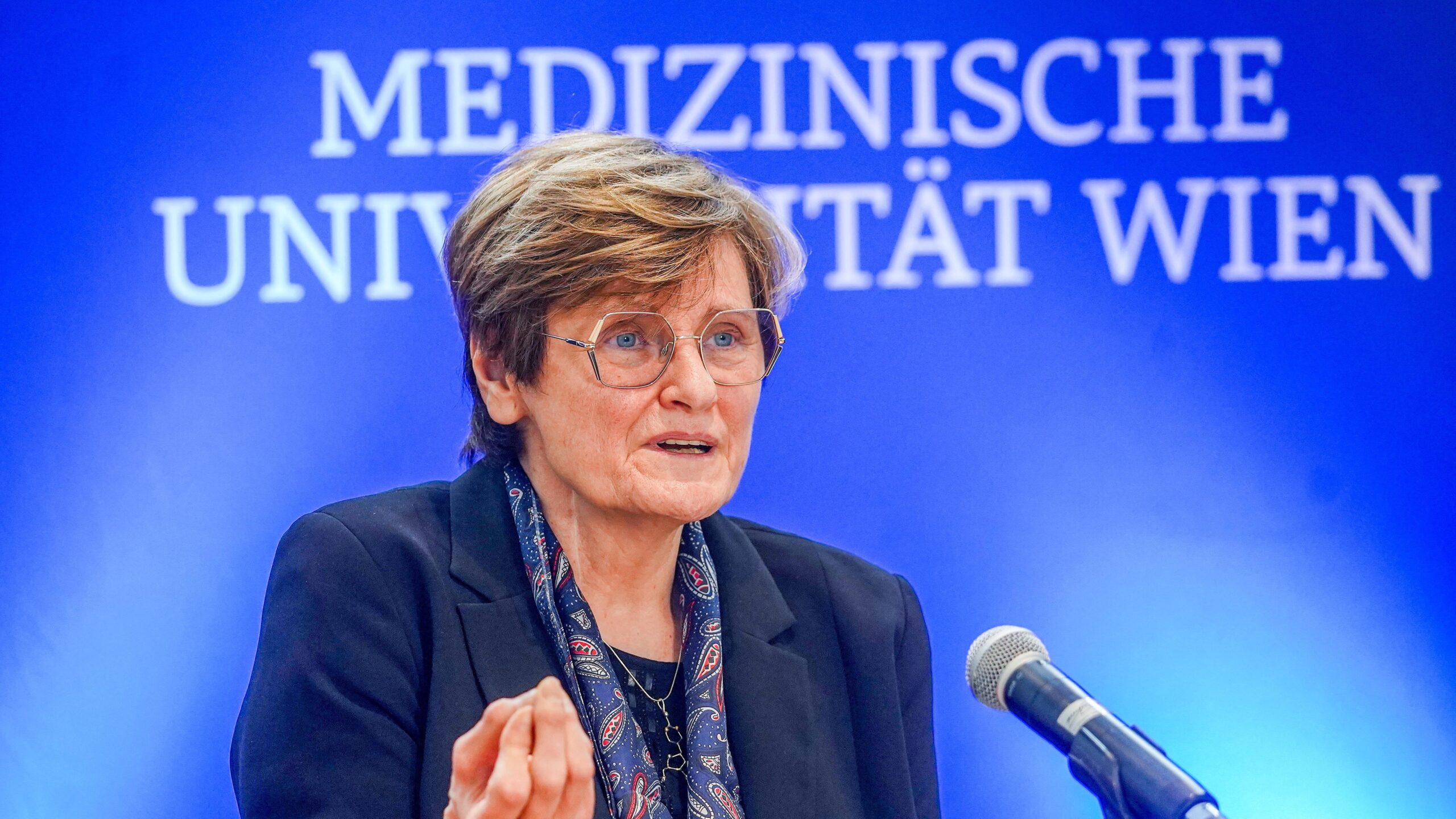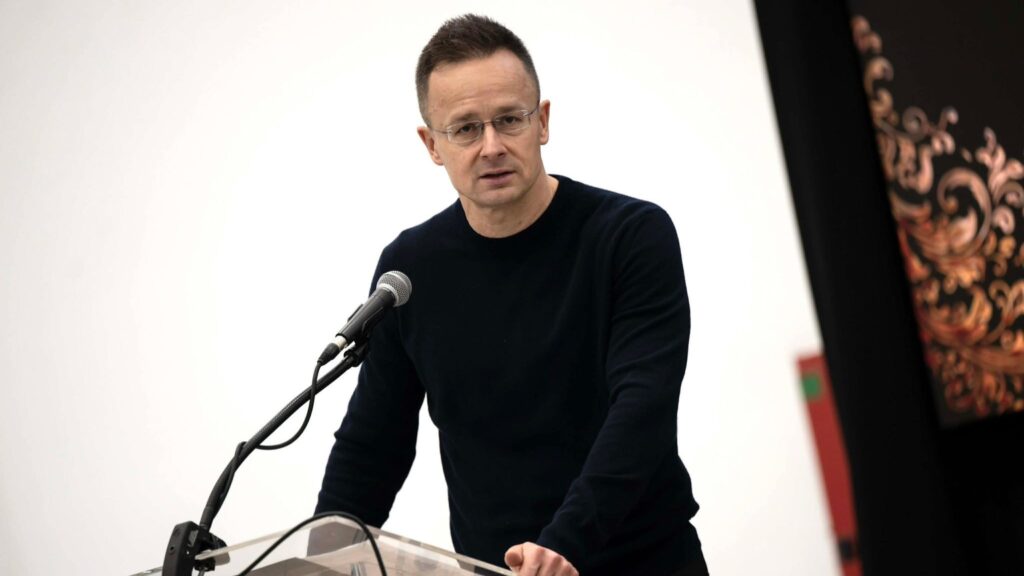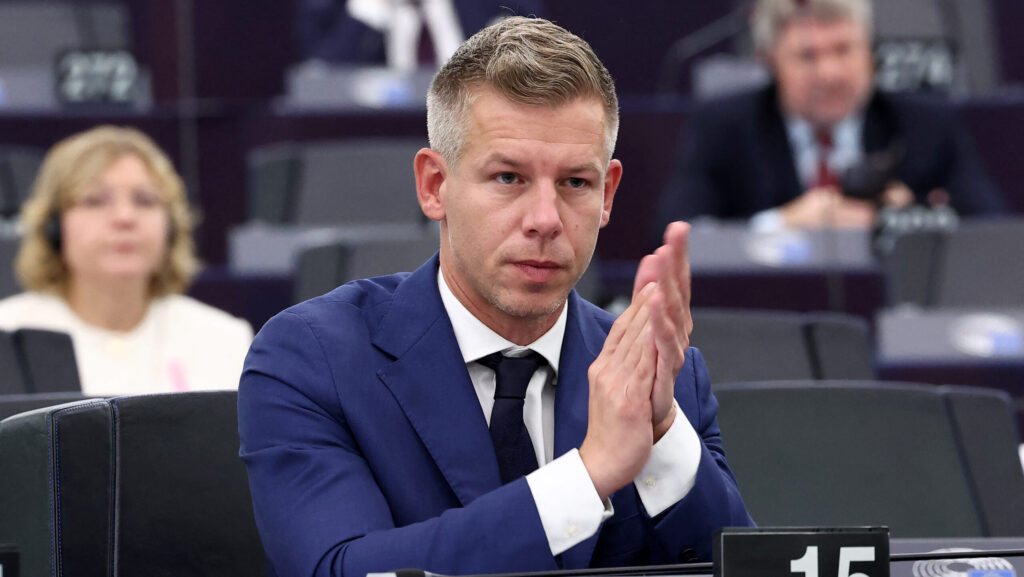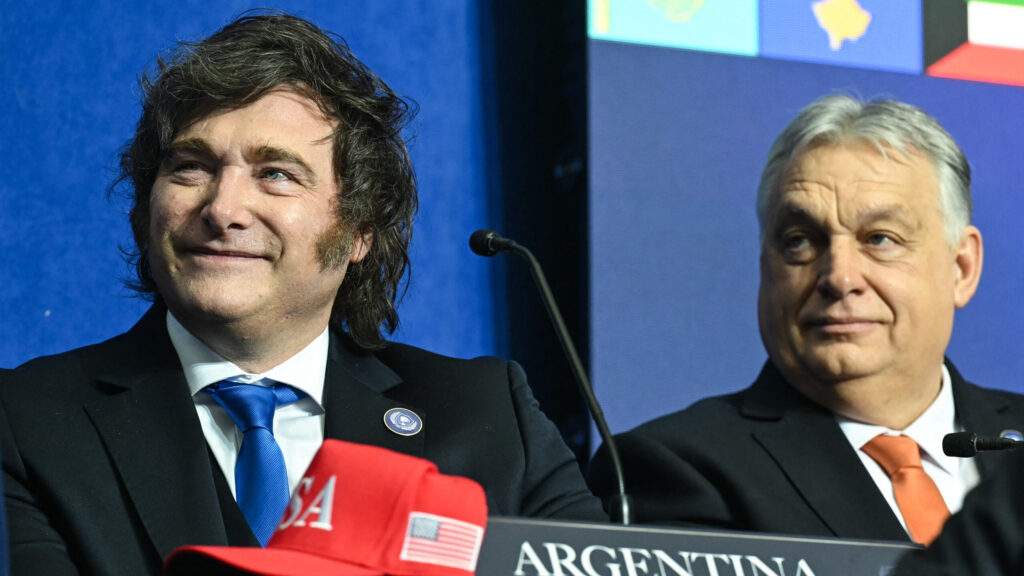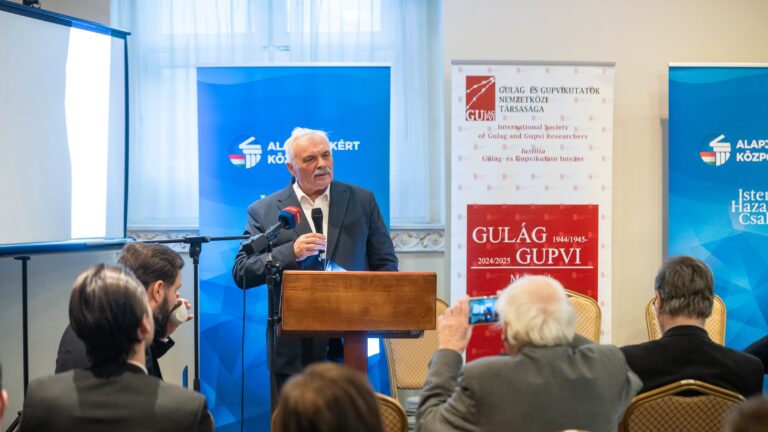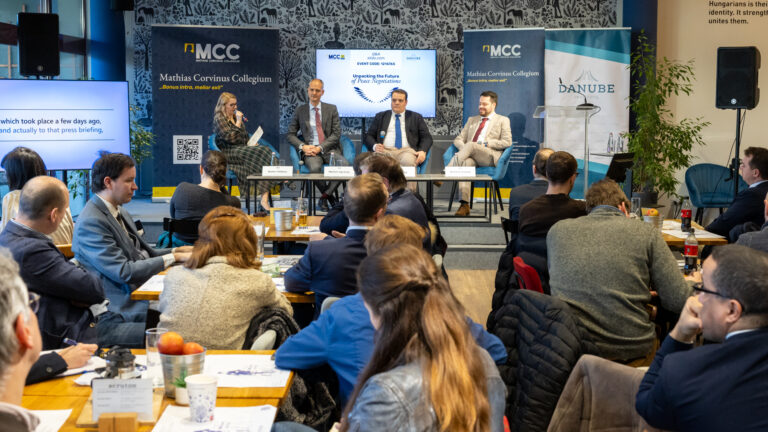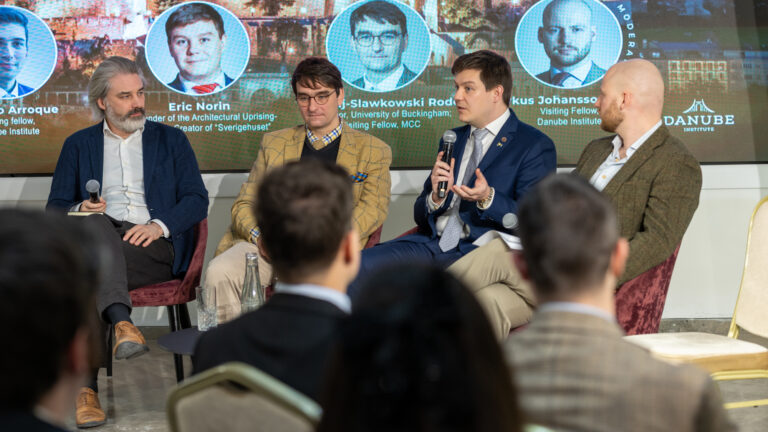A new exhibition titled Forever Forward has opened at the Josephinum, Vienna’s Museum of Medical History, offering an in-depth look into the life and scientific contributions of Katalin Karikó, a pioneer of mRNA vaccine technology. Organized with the support of the Medical University of Vienna, the exhibition pays tribute to Karikó’s lifelong dedication to science, which Rector Markus Müller described as ‘iconic’ and a unique example of perseverance.
At a press event marking the opening, Karikó, who is a professor at the University of Szeged, spoke about the expanding field of mRNA-based therapies. Over 150 clinical trials are currently underway, she noted, with a majority focused on infectious diseases, and around 20–30 per cent targeting cancer. Among the cancer-related efforts are projects where mRNA is used to produce proteins that help the immune system identify tumour cells or mark compounds they release.
Karikó highlighted the complexity of cancer research compared to vaccine development for viruses like COVID-19, where a known target like the spike protein made vaccine design more straightforward. In contrast, many cancer cells lack distinct surface markers, making immunotherapy a greater scientific challenge. She also shared her excitement about a newly opened research centre in Szeged focusing on antimicrobial and antifungal therapies—funded largely by awards she has received. While she hinted at an upcoming clinical study, she stated she prefers to share details only once results are available.
Karikó emphasized that accolades offer valuable opportunities to spotlight the importance of science and scientists. ‘Not everyone is suited for a research career,’ she remarked, ‘but for those who enjoy solving problems, it’s the perfect path—you won’t even need a hobby.’ She added that her motivation has always come from the pursuit of knowledge, not working for others. Responding to concerns over potential cuts to mRNA research funding by the Trump administration, Karikó expressed confidence that this work would continue, if not in the US, then in Europe. She also underlined the shared responsibility of scientists and the media to make scientific results accessible and understandable to the public.
The exhibition, open until 31 May, features items from the Karikó Collection at the University of Szeged’s Klebelsberg Library. These include photos, documents, scientific instruments, awards, and personal memorabilia. Visitors can trace her journey from high school in Kisújszállás to her university years in Szeged, where she received early recognition such as the Jermy Gusztáv Prize—awarded to her a year before it was given to fellow Nobel laureate Albert Szent-Györgyi. Among the many personal artefacts are her student herbarium, including a dried parsnip specimen, her original thesis and doctoral diploma from 1983, and early photographs from her time at the Szeged Biological Research Centre. Visitors can also see one of the first photos of Karikó with collaborator Drew Weissman, with whom she shared the 2023 Nobel Prize in Physiology or Medicine for their work on mRNA vaccine development.
The display includes a pipette similar to one Karikó donated to the Nobel Prize Museum in Stockholm, and ampoules of the COVID-19 vaccine that brought her global recognition. Among the more than 100 awards she has received, the exhibition features the Wilhelm Exner Medal, presented by the Austrian Industry Association in 2021. A short film plays in the exhibition space, featuring Karikó, Weissman, and BioNTech co-founder Ugur Sahin discussing the impact and future of mRNA research. The exhibition also includes panels explaining the foundations and applications of mRNA technology and is supplemented by a virtual tour available in Hungarian, English, German, and French.
Plans are underway to bring Forever Forward to other major European cities in the near future.
Related articles:

